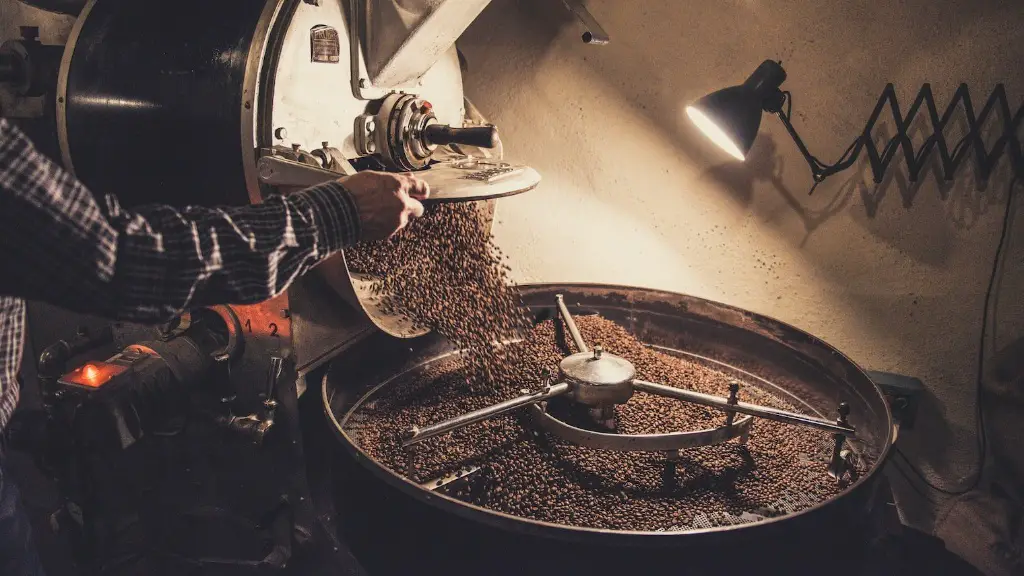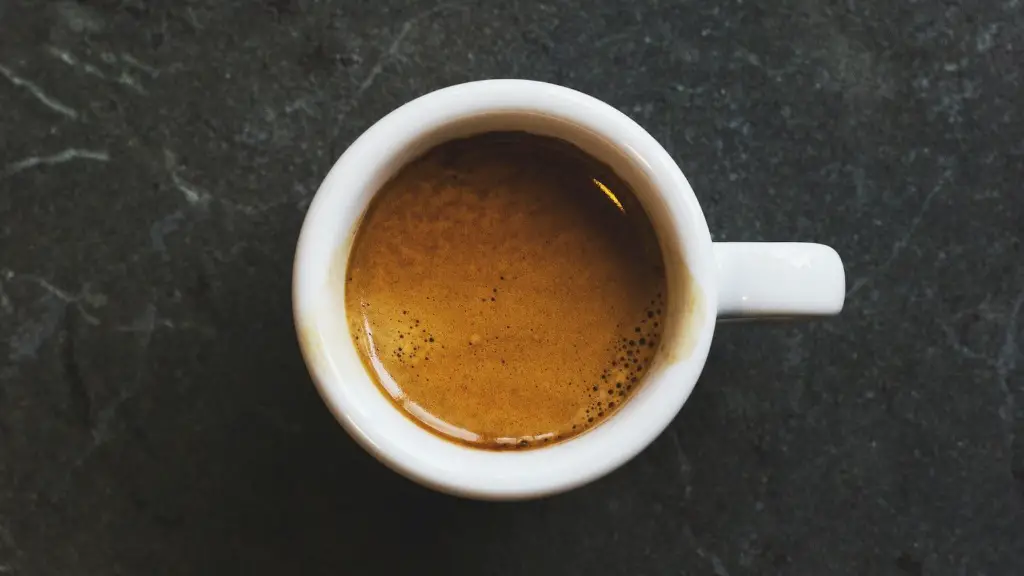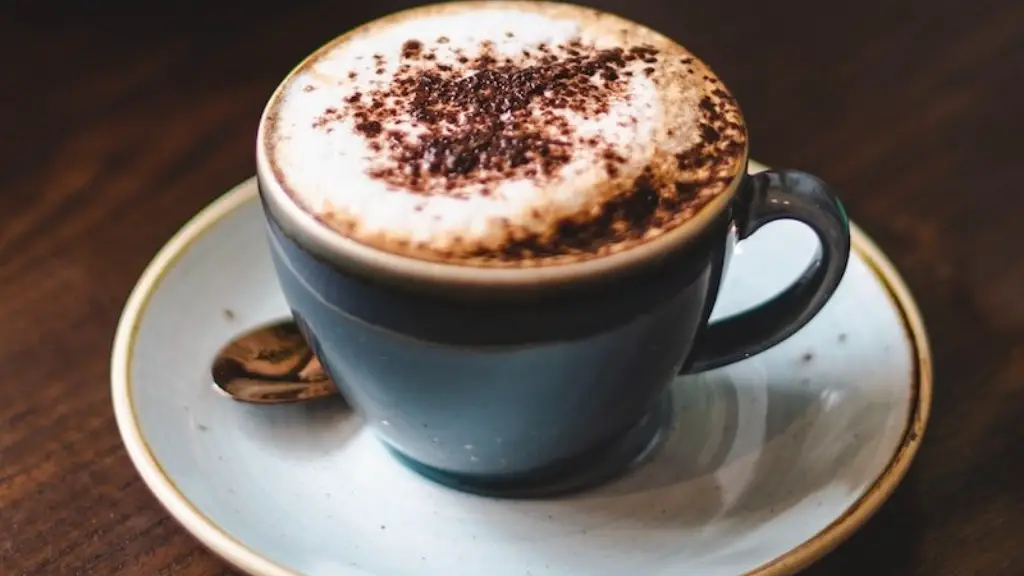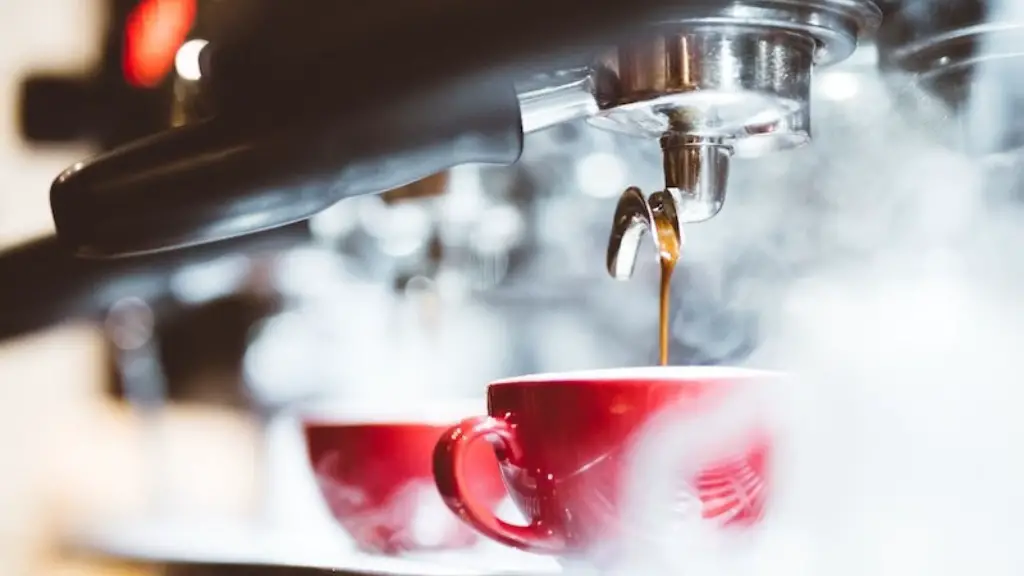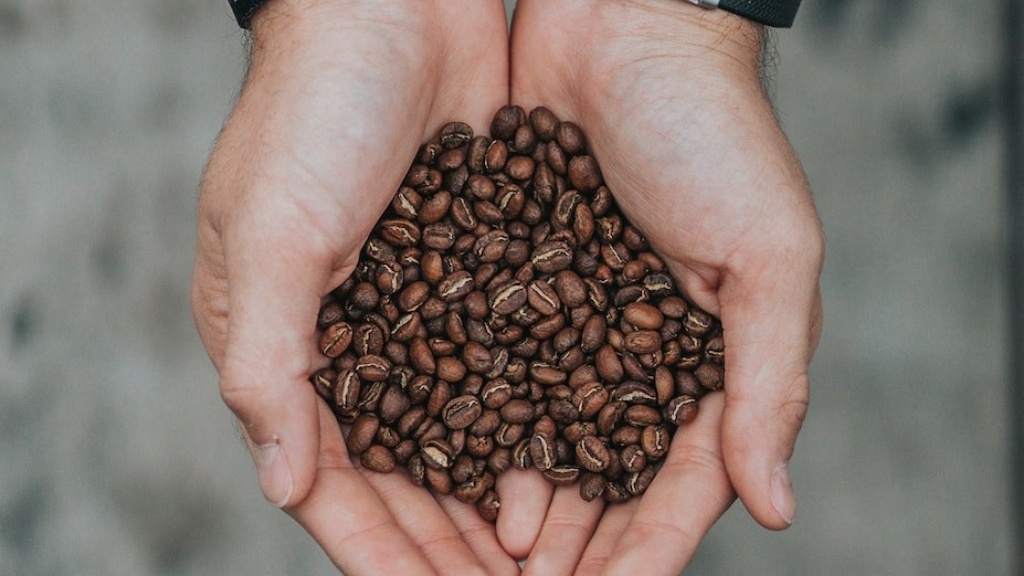Can you drink coffee before blood work fasting?
Every day, millions of people visit their local hospital or clinic for blood work. In many cases, the blood test requires a blood sample to be taken after a period of fasting. Most doctors recommend that patients abstain from eating or drinking anything for 8-12 hours before the test – including coffee.
But is this advice still valid in today’s world, where even an average work day can be heavy on caffeine? Should patients be allowed to drink coffee before the test, or will it affect the results?
In this article, we will explore the scientific evidence behind the idea of caffeinated beverages and fasting blood work. We will also look at the different perspectives of doctors and experts on the issue, and share our own insights.
Are there risks associated with drinking caffeine before a blood test?
Caffeine is a stimulant that is found in coffee, tea, energy drinks and other food and drinks. Recent studies have shown that caffeine can cause an increase in heart rate, blood pressure and other vital signs.
When it comes to fasting for blood work, there is some debate about the effects of caffeine. Some experts argue that excessive amounts of caffeine can interfere with the blood test results and lead to false positives or false negatives. Others claim that as long as it is taken in moderation, there is no significant risk.
However, it is important to remember that the effects of caffeine on blood work are still not fully understood. On the one hand, drinking coffee has been found to elevate blood pressure, which can result in inaccurate results. On the other hand, moderate caffeine consumption has not been shown to have any significant effects on most lab tests.
Therefore, it is advisable to consult with your doctor or healthcare provider before consuming any type of caffeinated beverage before a fasting blood test.
What advice do doctors and experts offer?
The general consensus among doctors is that it is best to abstain from drinking coffee or caffeine before a fasting blood test. A study conducted by the Mayo Clinic in 2014 concluded that although there is no evidence of adverse effects on results, it is still recommended that patients avoid caffeinated beverages altogether.
This advice is echoed by other experts, such as nutritionist and health coach Dr. Mark Hyman. He states that drinking coffee or other caffeinated beverages can cause a disruption in the body’s natural processes and lead to inaccurate results.
The consensus among experts is clear: when it comes to fasting for a blood test, it is best to avoid caffeine altogether.
Our own insights and analysis
When taken in moderation, caffeine has not been found to have any significant effects on blood work. However, the effects of heavy caffeine consumption on the body’s processes are still unknown and should not be underestimated.
It is also important to note that caffeine can interfere with certain medications and supplements, so it is best to be aware of any possible drug interactions before drinking coffee or other caffeinated beverages.
Finally, it is important to consult your doctor or healthcare provider before fasting for a blood test. Depending on the type of test being done, your doctor may recommend that you abstain from drinking coffee or other caffeinated beverages altogether.
Fasting tips for those who drink coffee
If you drink coffee on a daily basis and need to fast for a blood test, there are a few things you can do to make the process easier. Firstly, try to cut back on your caffeine consumption in the days leading up to the test. This will help reduce any chance of inaccurate results due to caffeine in your system.
Secondly, you can wait until at least 8 hours before the test before consuming any caffeine. This way, the caffeine will have enough time to be flushed out of your system before the test.
If possible, it is also advisable to opt for decaf coffee or tea in the hours leading up to the test. This way, you can enjoy your favorite beverage without risking inaccurate test results.
Understanding the effects of caffeine on medications
In addition to affecting blood work, caffeine can also interfere with certain medications and supplements. Caffeine has been shown to interfere with the absorption of some medications, leading to reduced effectiveness or side effects.
Therefore, it is important to be aware of any potential drug interactions before drinking caffeinated beverages. You should also consult your doctor or healthcare provider if you are taking any medications or supplements and are concerned about the effects of caffeine on them.
If you need to fast for a blood test, it is best to avoid caffeine altogether. However, if you are unable to do so, it is important to be aware of the potential risks associated with drinking coffee before the test.
Mindful drinking in the hours leading up to a blood test
When it comes to drinking coffee before a blood test, it is important to be mindful of the amount of caffeine you are consuming. If you are unable to abstain from caffeine altogether, it is best to avoid drinking large amounts of coffee or caffeinated beverages in the hours leading up to the test.
It is also important to remember that caffeine can affect the absorption of certain medications, so it is best to be aware of any potential drug interactions before drinking caffeine.
Finally, it is important to consult your doctor or healthcare provider before fasting for a blood test. They will be able to provide you with advice and guidance on how to best prepare for the test.
Conclusion
It is important to remember that drinking coffee before a blood test can have an impact on the results, especially if large amounts of caffeine are consumed. Therefore, it is best to avoid drinking coffee or other caffeinated beverages in the hours leading up to the test. However, moderate consumption of caffeine has not been found to have any significant effects on most lab tests.
It is also important to be aware of any potential drug interactions before consuming coffee, and to consult your doctor or healthcare provider before fasting for a blood test. They will be able to provide you with advice and guidance on how to best prepare for the test.
